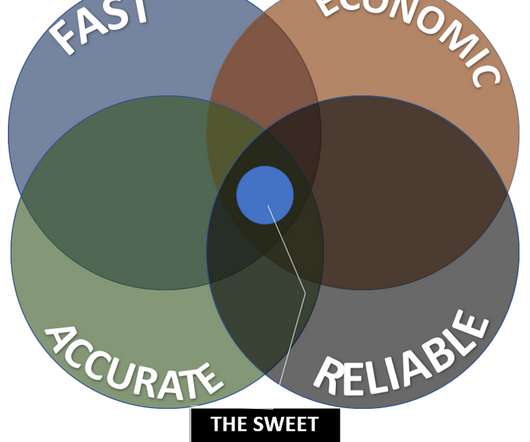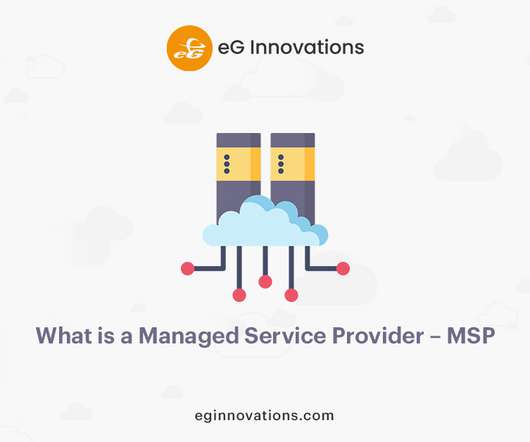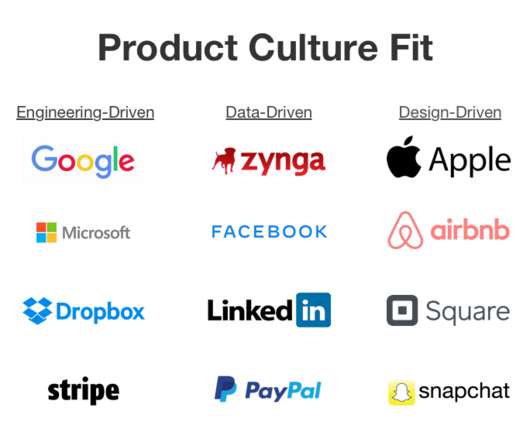F.E².A.R.?—?A Product Framework from Concept to Delivery: Part 1
The Product Coalition
MARCH 23, 2022
In the last few years, the advent of connected devices and the power of data have equally made Ecosystems incredibly more powerful. While the use of the framework is evident at the execution stage, it is equally applicable during business prioritization to identify product-market fit, competitive differentiation, and strategic alignment.
















Let's personalize your content